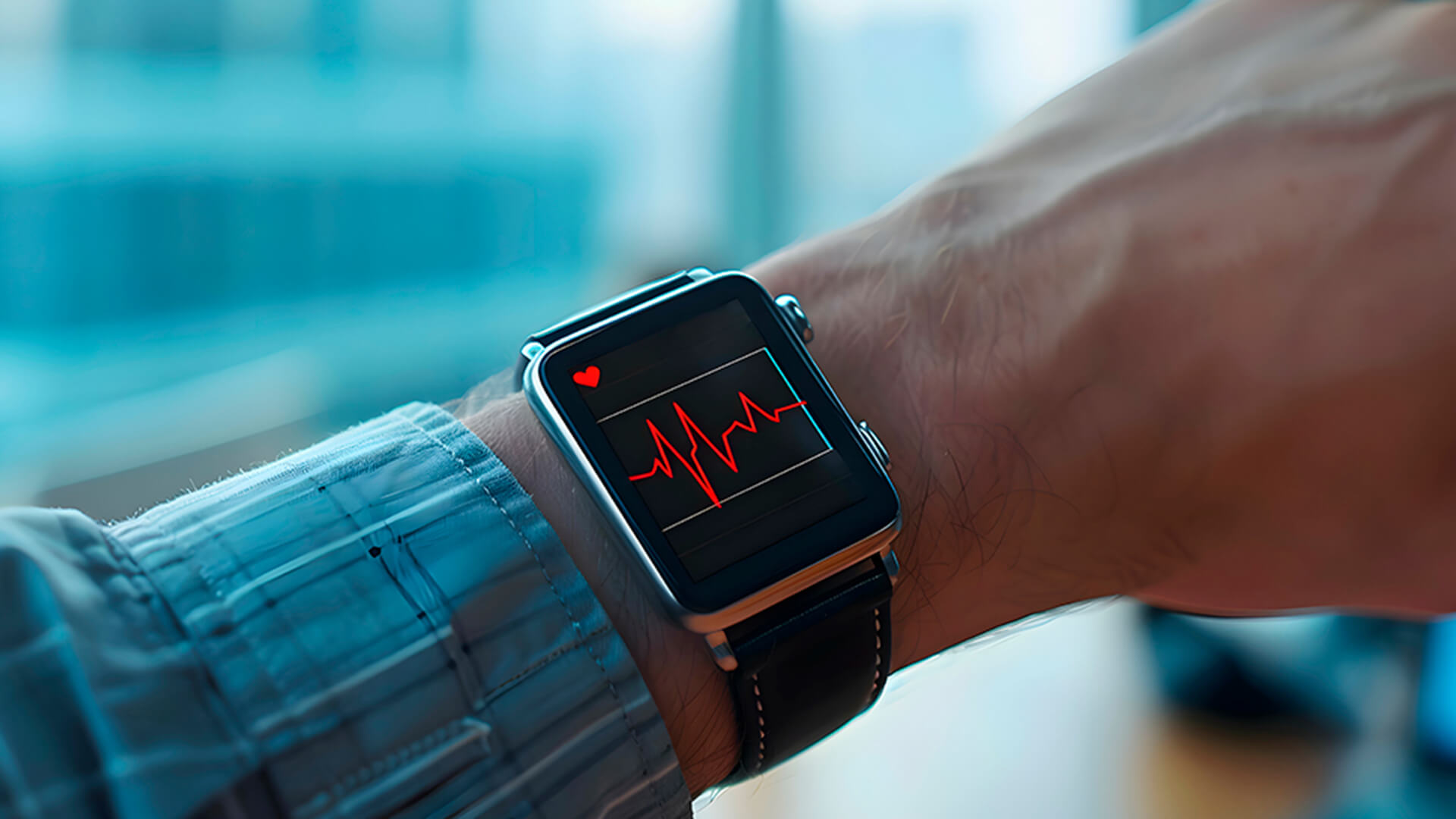
Arrhythmias: What they are, Symptoms, Causes and Treatment
Arrhythmias are changes in the rhythm of a heartbeat. Find out the symptoms, causes and treatment to protect your heart health.
Live well by preventing: explanations, advice and tips for your health.
78 Results

Arrhythmias are changes in the rhythm of a heartbeat. Find out the symptoms, causes and treatment to protect your heart health.
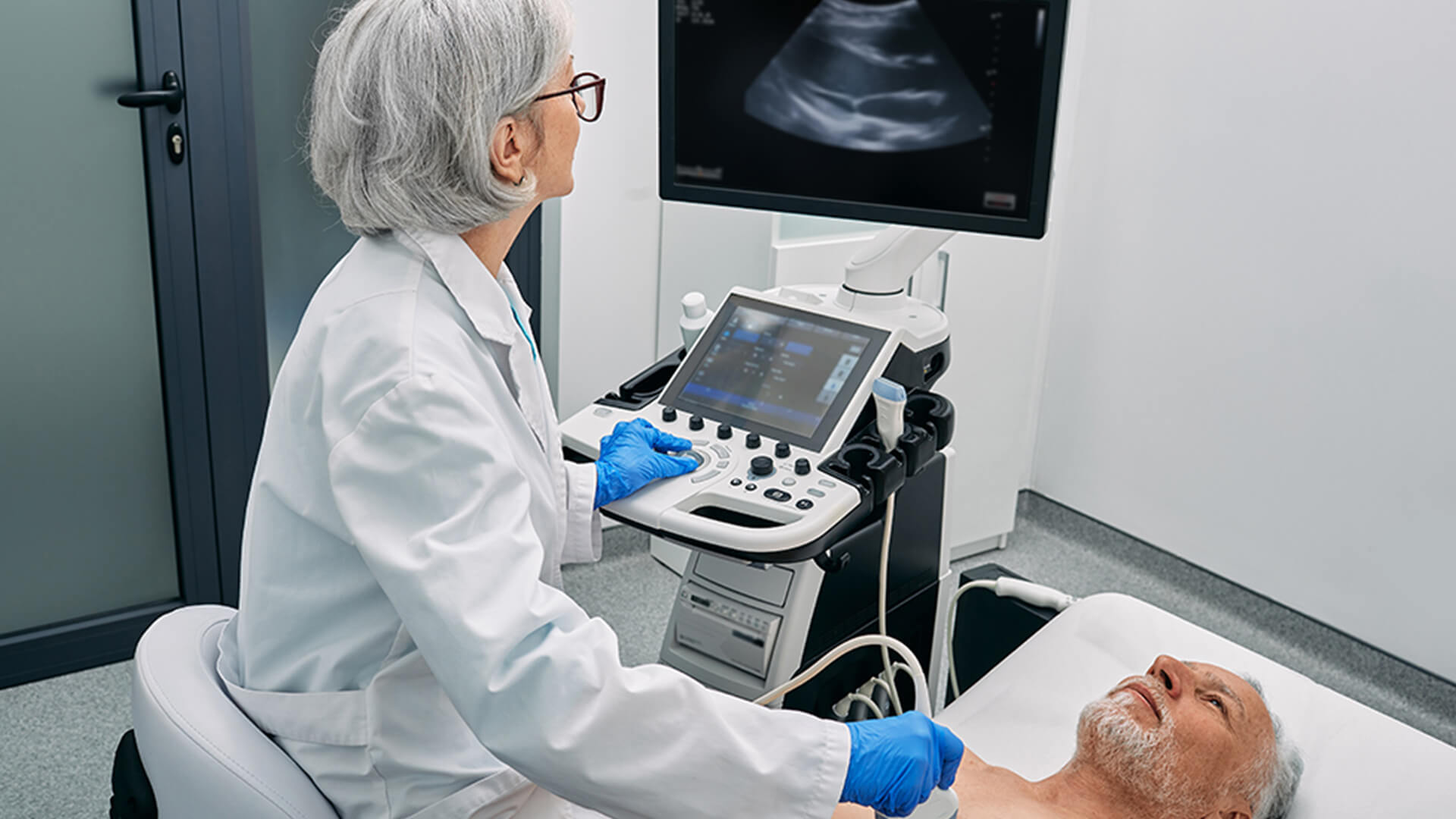
Cardiovascular disorders are the leading cause of death in Portugal. Find out how echocardiograms can aid prevention.
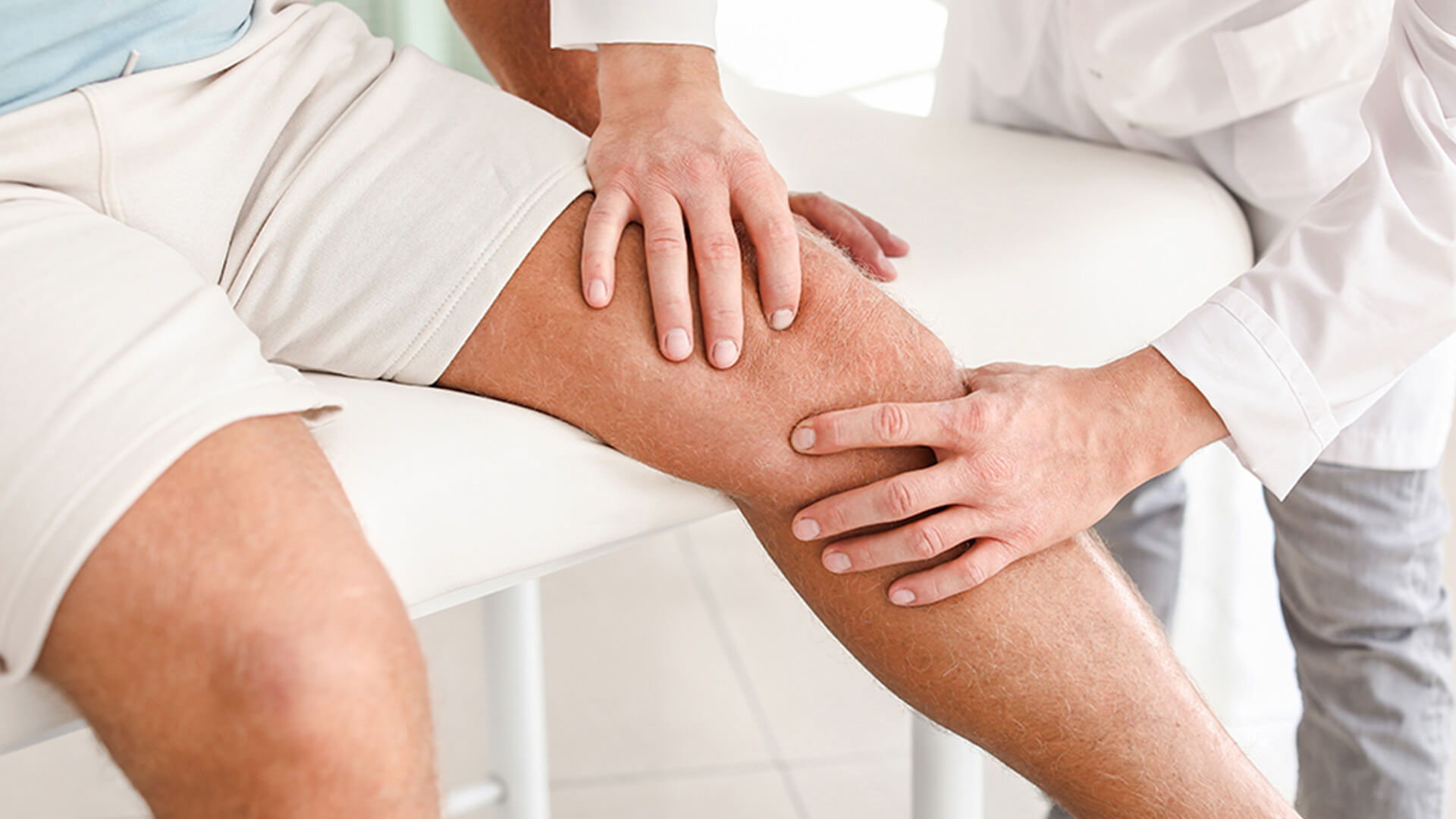
Knee osteoarthritis (OA) results from breakdown of the knee joint, causing intense pain and loss of mobility. Find out what it is, why it happens and how to treat it.

If you are trying to get pregnant, it’s normal to have doubts. Find out the risk factors that can affect male and female fertility.

It's a type of psychotherapy that can assist the entire family in facing various challenges. Discover what family therapy is and why it's important.

If ignored, fatigue can reach alarming levels. Discover the warning signs and how to treat this condition.
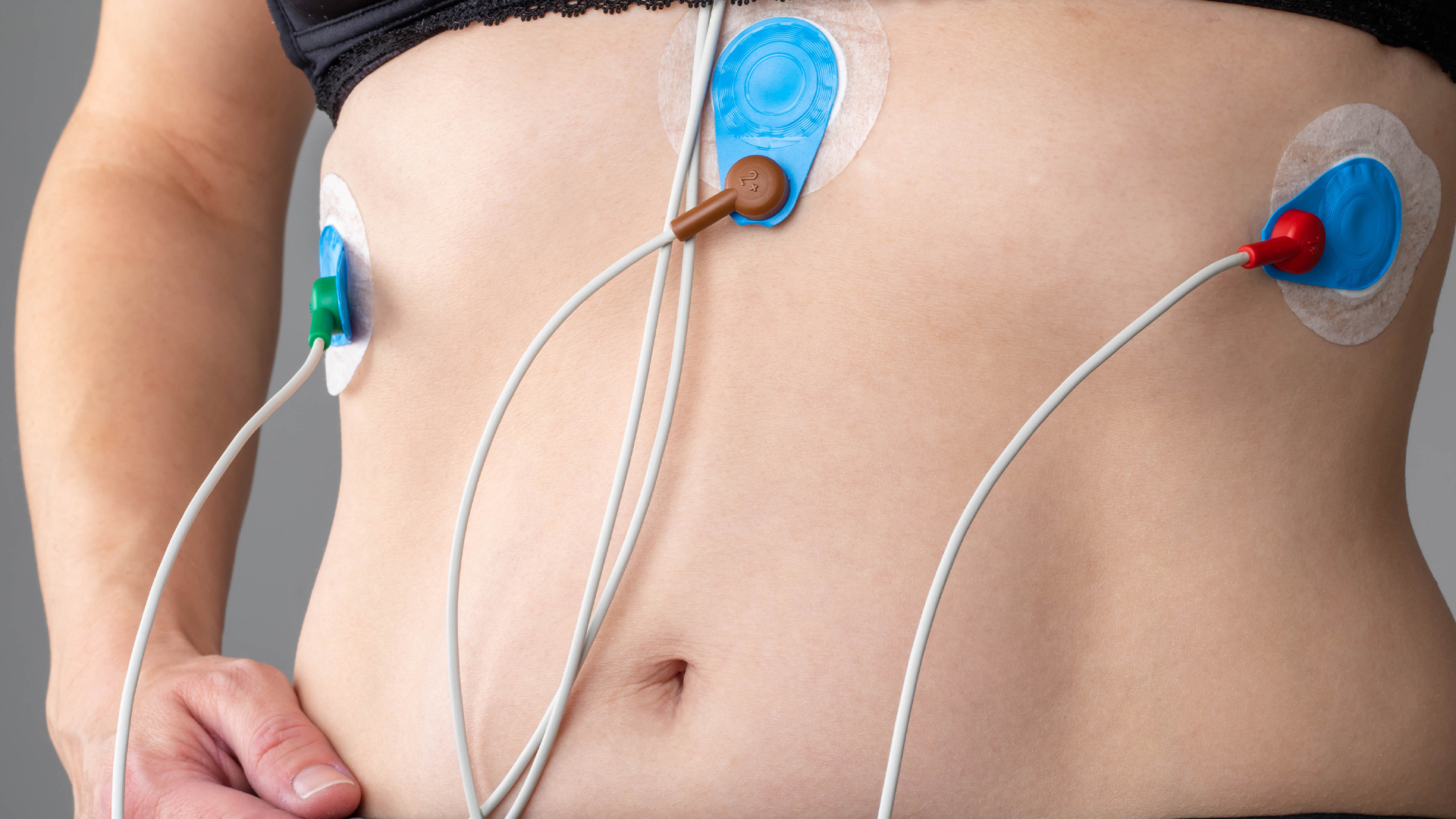
Cardiac event monitors help diagnose arrythmias early on, and can save lives. Find out how they work and what precautions to take.

Ambulatory Blood Pressure Measurement is an exam that monitors blood pressure, even during sleep. Find out how it’s done and who should do it.
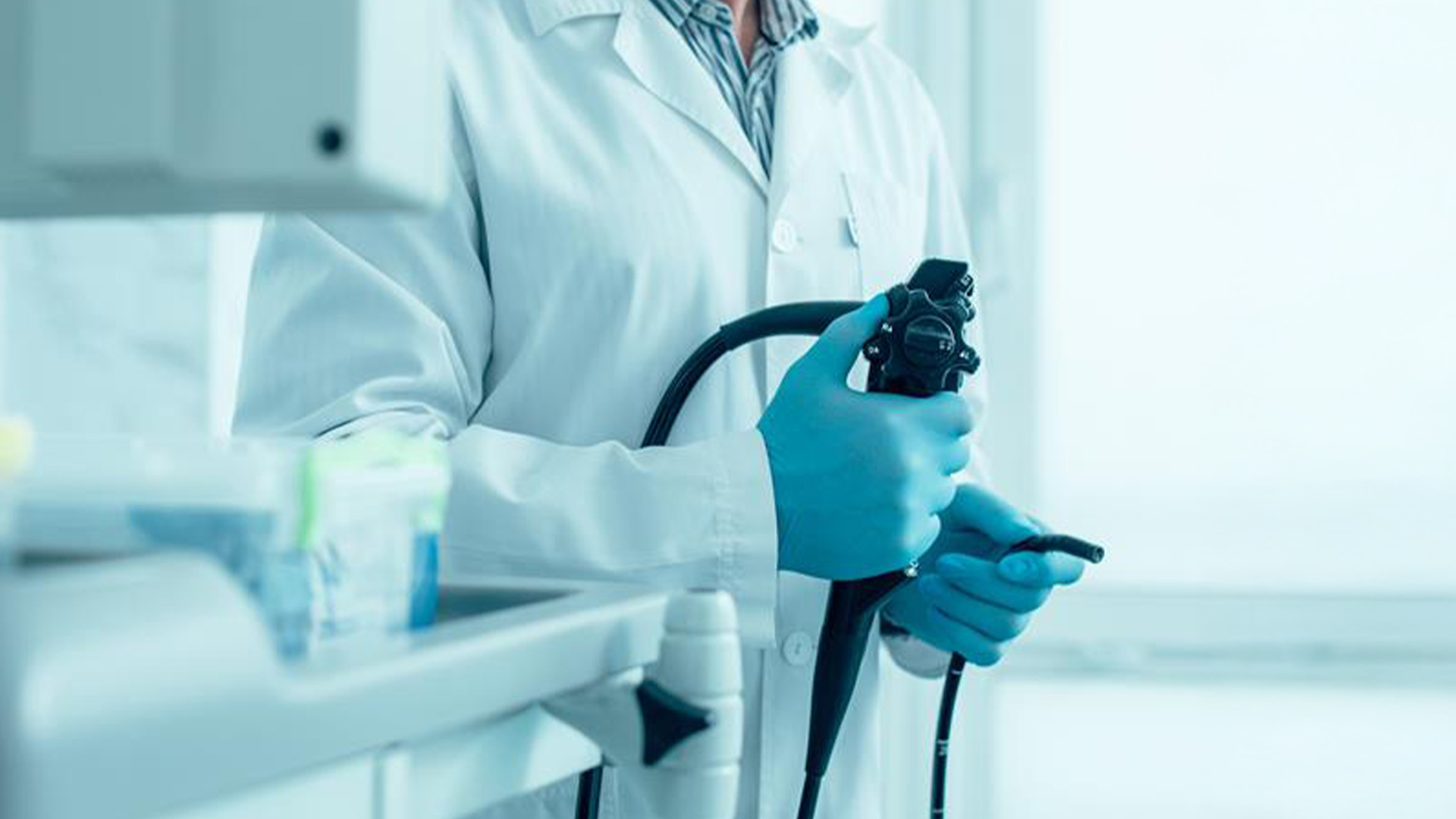
Colonoscopy is extremely effective for colorectal cancer screening. Find out how it’s done, how to prepare and what risks are involved.
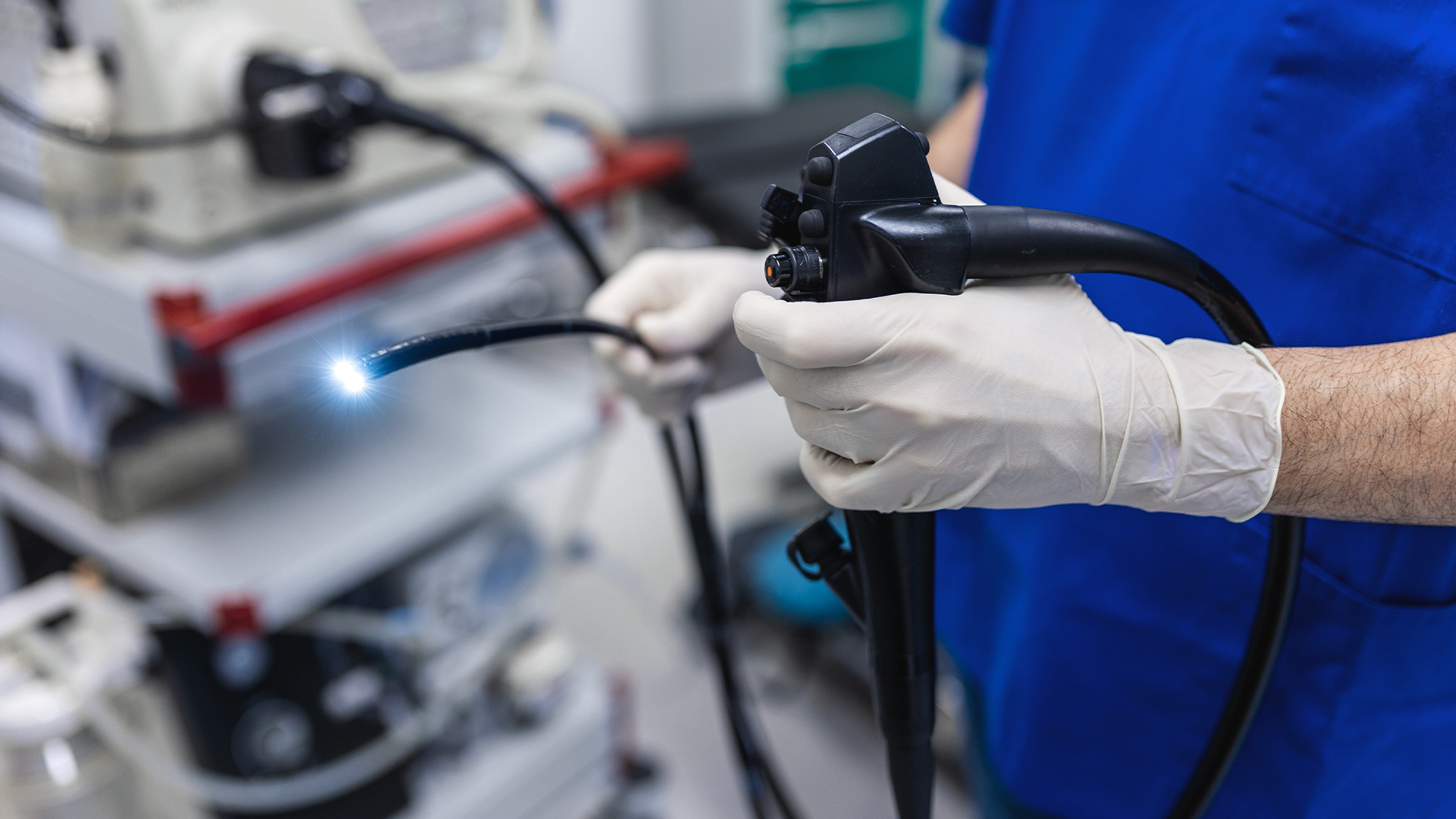
Endoscopy is one of the exams that causes the most anxiety, but it can be performed with sedation. Find out what it’s for, how it’s done and what precautions to take.